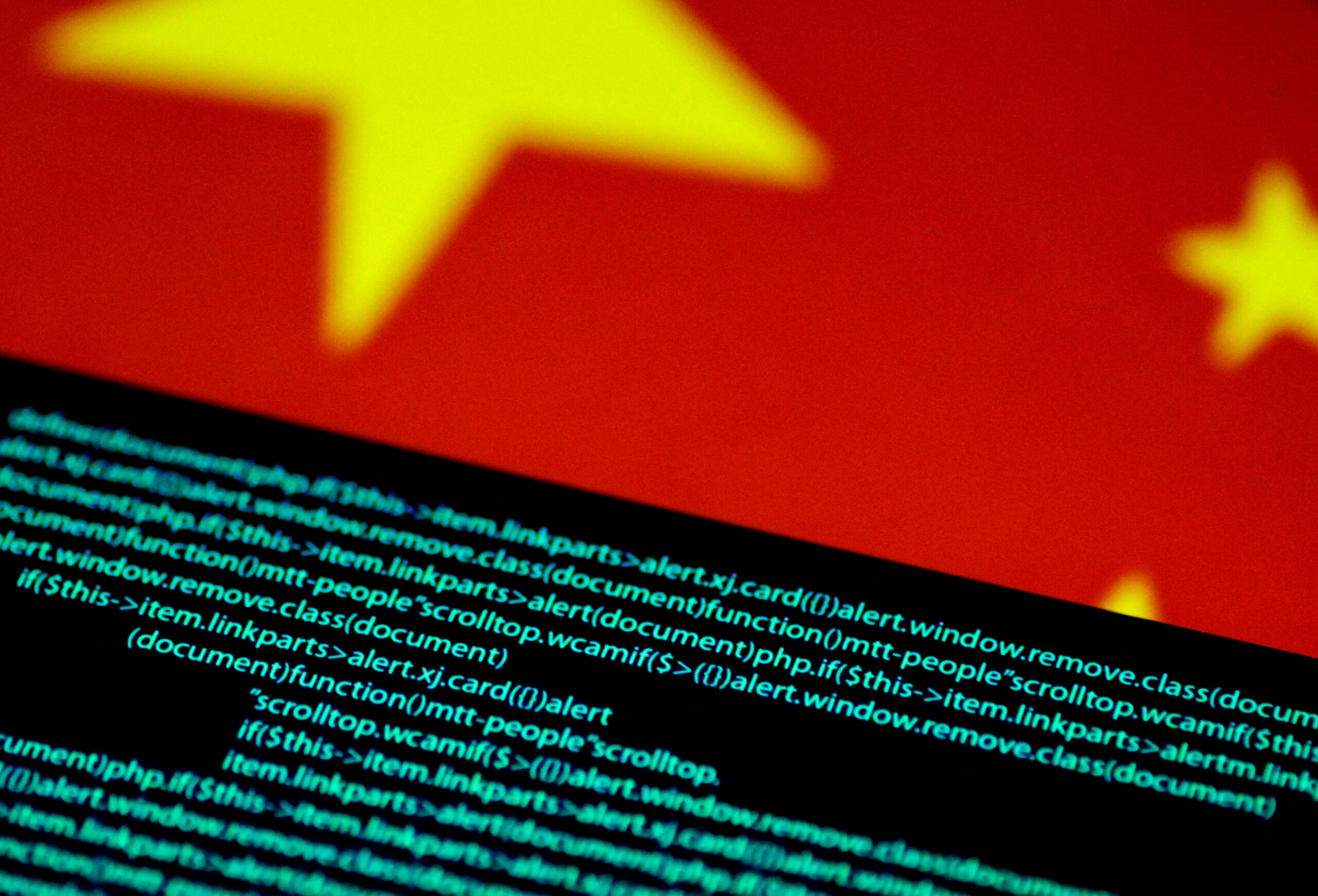Clear and Present Danger: China’s hacking threat poses global security challenge
The Chinese hacking horror keeps robbing the peace of mind of people and countries now and then and this time it is the Australian government which has flagged the challenge which the world is facing. Australia alleged that cyber security firms backed by Beijing authorities stole passwords and usernames from unnamed Australian networks in 2022.
The Australian Cyber Security Centre said the PRC state-sponsored cyber group has previously targeted organisations in various countries, including Australia and the United States.
In the activity summer, the report said APT40 has repeatedly targeted Australian networks as well as government and private sector networks in the region, and the threat they pose to our networks is ongoing.
“The tradecraft described in this advisory is regularly observed against Australian networks,” the advisory said.
APT40 possesses the capability to rapidly transform and adapt exploit proof-of-concept(s) (POCs) of new vulnerabilities and immediately utilise them against target networks possessing the infrastructure of the associated vulnerability.
This is not the only hacking story that has emerged from China.
Recently, the Dutch National Cyber Security Centre (NCSC) published a report which highlighted a Chinese-sponsored cyber-espionage campaign that infected at least 20,000 FortiGate devices worldwide, including those used by Western governments, diplomatic and the defence industry.
“Since publication of the report in February, the MIVD has conducted additional research into the associated Chinese cyber espionage campaign. This research revealed that by exploiting a vulnerability affecting FortiGate devices, the state actor gained access to at least 20.000 FortiGate devices globally within a few months in both 2022 and 2023,” read the statement issued by the Netherlands government.
Even with the published technical report on the COATHANGER malware, detecting and mitigating infections by the state actor remains challenging. The Netherlands intelligence and security services and the NCSC therefore deem it possible that the actor currently has continued access to the systems of a significant number of victims.
In the USA, seven China-associated hackers were charged with computer intrusions who targeted perceived critics of Beijing, US businesses and politicians.
In March, Attorney General Merrick B. Garland had said: “The Justice Department will not tolerate efforts by the Chinese government to intimidate Americans who serve the public, silence the dissidents who are protected by American laws, or steal from American businesses.”
In his strong message, Garland said: “This case serves as a reminder of the ends to which the Chinese government is willing to go to target and intimidate its critics, including launching malicious cyber operations aimed at threatening the national security of the United States and our allies.”
In the UK, the Chinese hackers intruded into the world of defence when estimated 270,000 payroll records belonging to nearly all members of Britain’s armed forces were reportedly exposed to Beijing-backed hackers.
The data at risk includes names and bank details for full-time military personnel, part-time reservists, including at least one MP, and veterans who left after January 2018. It was managed by a private contractor, SSCL, reported The Guardian newspaper of Britain.
According to some media reports, Chinese hackers penetrated Japan’s national internal network system, used by diplomats to transmit confidential government documents, two years ago. This incident potentially exposed several sensitive information to the hackers.
With the growing challenge, China is now emerging as a potentially dangerous threat to the security of the world.
Highlighting the growing paws of the Chinese dragon, The Epoch Times wrote in its analysis: “China has also utilized cyber espionage to monitor and suppress Chinese human rights activists, a practice that continues today. This long-term engagement in cyber activities underscores China’s commitment to leveraging cyber espionage as a critical tool in its geopolitical and strategic ambitions.”
ENDS













